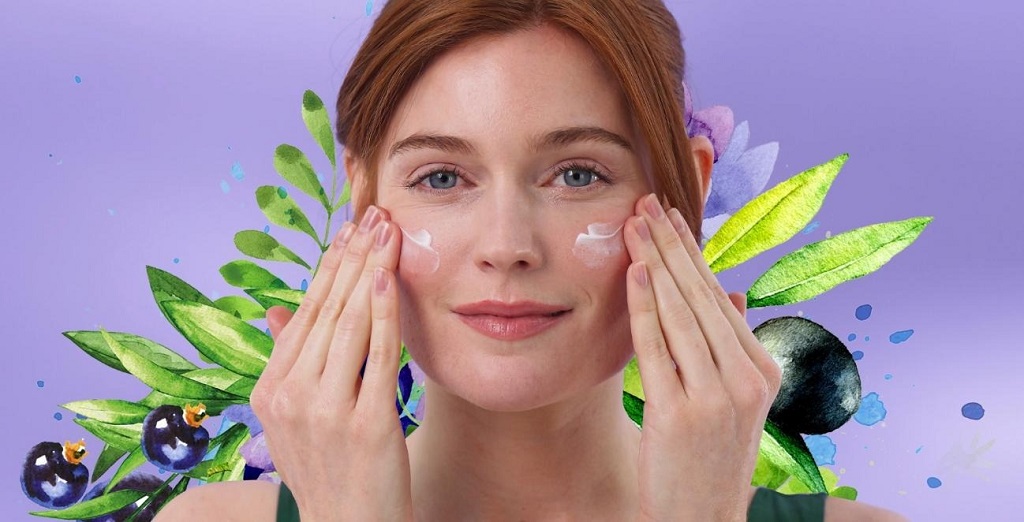Dry skin, redness and itching are three typical characteristics of eczema, a skin condition affecting millions of people around the world, also known as eczematous dermatitis. It is a fairly annoying condition, which can be both acute and chronic, but there are good ways to handle it. Here are the 10 things you should know about eczema …
What are the causes of eczema?
To answer this question it should be noted that the term eczema is very general, indicating red and itchy rashes regardless of the severity and the cause.
The most common form is atopic dermatitis, a chronic inflammatory condition of the skin, which appears in childhood and persists in adulthood in about 50% of cases. Atopic eczema generally occurs in the facial area.
For all forms of eczema, there is no single known cause. The appearance of eczema may be due to immunological factors and / or environmental-irritating factors.
For example, atopic eczema is linked to conditions such as …
- Allergic rhinitis
- Food allergy
- Allergies to chemicals
- Neurovegetative disorders
- Stress
- Bacterial infections
- Particular climatic conditions of humidity
- Irritations caused by the fabrics of clothes or detergents.
However, there are also dermatitis for which no cause of the eczema has been defined, as in the case of hyperkeratotic eczema.

What are the cures for eczema?
Those who develop an eczema experience unpleasant sensations and the natural consequence is that they ask: “What is the cure for my eczema?”.
In many cases there is no definitive cure for eczema, but there are many treatments that allow it to be managed, including the use of cortisones for topical use or prednisone and moisturizing and emollient creams. For atopic eczema, innovative biological drugs are being tested.
Are biological drugs effective?
Among the biological drugs currently being tested, one in particular (Dupilumab) seems to be particularly effective, allowing to obtain clear improvements in terms of reduction of skin lesions and pruritus, when administered together with cortisones.
How to control the itching caused by eczema?
The itching is the most bothersome symptom and what worsens the quality of life. To control it, topical treatments with corticosteroids and oral with oral antihistamines can help. A good general advice is to keep the nails short, because scratching the skin will generate other symptoms, such as dryness and redness.
You may also like to read: Cellulite: What to do to stop it?
Acute eczema: What is determined by?
The skin lesions, the redness and the itching reappear for several reasons, including …
- Seasonal changes
- Stress
- Exposure to irritants (even simple household cleaning products and personal hygiene products)
- Exacerbation of allergies
- Contact with water that is too hot
- Sweat
Understanding what constitutes an exacerbation stimulus is essential, because the treatment strategy depends on the type of skin, age and lifestyle. Therefore, identifying the factors that exacerbate the problem is useful for eliminating them and improving quality of life.
How to prevent acute phases?
Since in most cases with eczema you have to live with it, those who are affected ask how it is possible to prevent redness and intense itching.
The best way to manage eczema is with a daily routine aimed at taking care of the skin, preventing redness and itching.
Frequent hot baths or showers can make eczema worse, so it’s better to be short and not too hot. Afterwards it is important to moisturize the skin with a perfumed lotion or ointment. Hydration is considered a little like the heart of treatment and must occur twice a day to prevent flare-ups. Avoiding some cleaning products (especially aggressive ones) for the home and personal hygiene, as already mentioned, is useful to prevent disturbances.
What is the link between eczema and pruritus?
Another common question refers to a particular cause of eczema and its exacerbation concerns the link between stress and eczema.
In fact, eczema is not only a physical condition, but also a psychological one. In fact, the symptoms are not only worsened by emotional stress, but are due to stress, especially when they are difficult to control. Many people find it beneficial by practicing yoga, art therapy, or relaxing walks.
Smoking can make the trouble worse?
The answer seems to be positive. There is a correlation between smoking and allergic or contact dermatitis, with the eczema of the hands.
Can eczematous dermatitis have complications?
Also in this case the answer is affirmative and the complications are mainly related to infections that can develop on skin lesions.
What is the difference between eczema and psoriasis?
While for a doctor the difference between eczema and psoriasis is very evident, for the non-professionals the two conditions can be confused. While eczema manifests with red and wet spots (acute forms) or dry and scaly (chronic forms), with constant itching, psoriasis manifests itself with scaly patches on reddened skin and the itching is not always present.
The location of the lesions is also different in the two diseases, as are the causes in part. The psoriasis, in fact, has a genetic basis as well as immune-irritative.
You may also like this blog.



